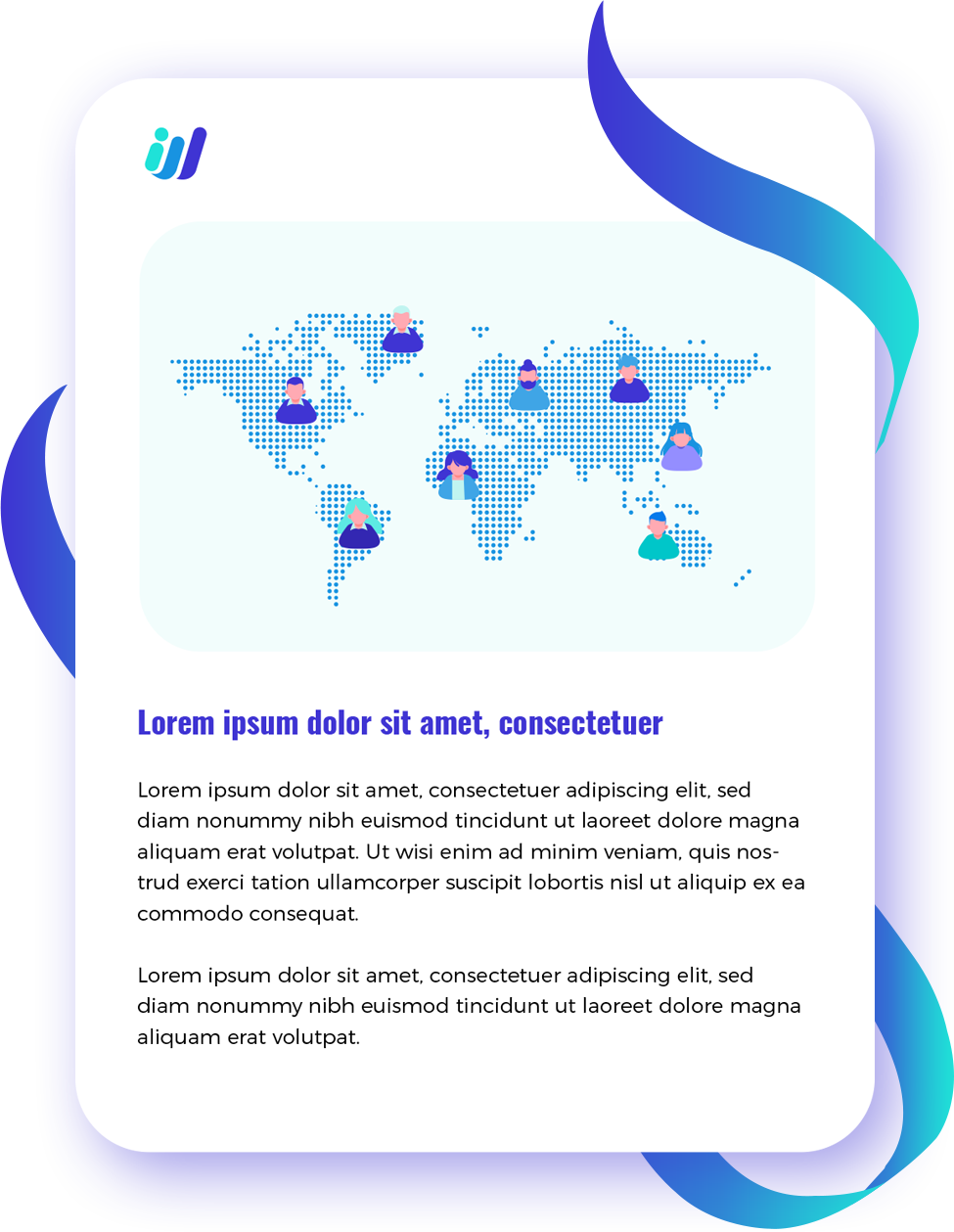The continuous massing of troops and hardware by Russia on its border with eastern Ukraine leads to increasing possibility of widespread violence and armed conflict in Ukraine and brings back memories of the 2013 illegal annexation of Crimea. This is likely to impact the large and growing IT outsourcing services industry in the country, at least in the short term, and has caused increased concerns from customers.
According to Ukrainian Tech Market Overview 2021, there are more than 200,000 Ukrainian software developers with skills in Java, JavaScript, PHP, Python, and other popular programming languages; about 85% of tech professionals have at least an intermediate English proficiency level; at least 5,000 tech firms and over 100 R&D centers concentrated in a few cities such as Kiev and Kharkiv. The IT outsourcing industry, according to the Everest Group, has been experiencing an annual growth of 10% to 15% with more than 25,000 professionals employed full-time in Kyiv, which is the biggest Ukrainian IT center. According to A.T. Kearney Global Services Location Index, Ukraine has one of the largest outsourcing markets in Eastern Europe.
This growth is at risk, however, due to the serious war scare which is putting outsourcing services and customer data in danger of disruption and loss. Any organization with outsourcing ties in Ukraine should know the high delivery risk involved, said Christine Ferrusi Ross at Forrester, and that if there is no assurance for privacy and data protection, considerations should be in place to shift outsourcing work to other countries with comprehensive data privacy legislation.
The Military Situation in Eastern Ukraine
The Russian aggression towards Ukraine has weakened workplace protections and has caused business owners to worry about employee safety. While the hostilities are concentrated on the east side, rumors of a Russian invasion are taking its toll on sales and profits at local businesses while confirmation for reliable and safe working conditions is either absent or extremely weak.
“There is a significant, large Russian military build-up. We see an unusual concentration of troops. And we know that Russia has been willing to use these types of military capabilities before to conduct aggressive actions against Ukraine,” said NATO Secretary-General Jens Stoltenberg.
With more than 90,000 Russian troops amassed around Ukraine’s borders, an attack is imminent by the end of January or beginning of February, according to the head of Ukraine’s defense intelligence agency Brig. Gen. Kyrylo Budanov. “We are anticipating airstrikes, artillery, and armor attacks followed by airborne assaults in the east, amphibious assaults in Odessa and Mariupul, and a smaller incursion through neighboring Belarus,” he further explained.
Russia’s renewed bullying is designed to destabilize Ukraine and to make the situation inside the country more and more dangerous. Stronger strategic defense partnerships with Ukrainian allies should be sought right away to effectively defend its sovereign territory and to uphold safe functioning of its cyberspace.
Political Risks
The ongoing political unrest in Ukraine for more than half a decade now due to military interventions, allegations of bribery and corruption in many public institutions, mass protests, and Russian invasion makes it not very accessible or safe to entrepreneurs.
Despite government efforts for judicial reforms, aspirations for economic growth, support for EU integration, and even strategic partnership with the US, the Russia-Ukraine crisis paints a bleak future in terms of law harmonization, removal of capital flow barriers, and promotion of a business-friendly environment for foreign investors.
The IT outsourcing industry is considered to be one of the driving forces of Ukrainian economics. The United States, Great Britain, and countries in Western Europe remain the main clients of Ukrainian outsourcing vendors. More than 100 Fortune 500 companies have chosen Ukrainian IT services. However, the worsening geopolitical tensions will significantly influence foreign direct investment and trade. The tug of war between Russia and the EU over Ukraine will lead to a massive decrease in worldwide investment flows, deterioration of fiscal policy measures, and unprecedented cybersecurity issues.
Economic Risks
The United States, NATO, and EU recognize Ukraine’s sovereignty and territorial integrity within its internationally recognized borders including its promotion of the implementation of legislative and domestic reforms. One of Ukraine’s current priorities is the development of industrial parks offering a range of incentives that will appeal to global organizations as it seeks to create a more attractive investment environment. President Volodymyr Zelenskyy’s flagship Big Construction project is focused on upgrading infrastructure throughout Ukraine’s regions and increasing the appeal of the country’s envisaged industrial park network. Moreover, changes to legislation will lead to reduced expenses and regulatory support which will offer the kind of competitive business environment that will attract international investors.
Amidst the COVID-19 pandemic of 2020, the total amount of exports of IT services exceeded $5 billion for the first time – which is 4% of GDP – and showed an increase of 20.44% compared to 2019. Ukraine’s tech industry has experienced a meteoric rise since the first IT companies appeared in the mid-1990s the sector. Obviously, it is now well positioned to capitalize on this opportunity thanks to the dramatic evolution it’s undergone in recent years.
But further Russian trade sanctions, including halting of coal exports to Ukraine, could cause the price of vital supplies of grain and natural gas to rocket, or even cut off supplies at short notice. This has also put Ukraine in an energy crunch which could worsen economic and political stability.
Ukraine’s currency also weakened due to growing concerns over Russian troop movements near Ukraine’s borders. According to Refinitiv data, Ukrainian hryvnia slipped to 27 per U.S. dollar for the first time since early September. “Any political volatility or military stand off in the region will send negative signals to [people] who have investments in those countries,” said Lilit Gevorgyan, a senior economist at IHS Global Insight.
Conclusion
In light of such facts, it is reasonable to assume that privacy and personal data protection require attention in order to reduce the risks associated with outsourcing services. Failure to implement privacy and data protection correctly can result in severe legal, economic and reputational penalties. While access to global top talents with excellent IT skillset is essential, protecting private customer information and important business documents is also a priority when choosing an outsourcing partner.


